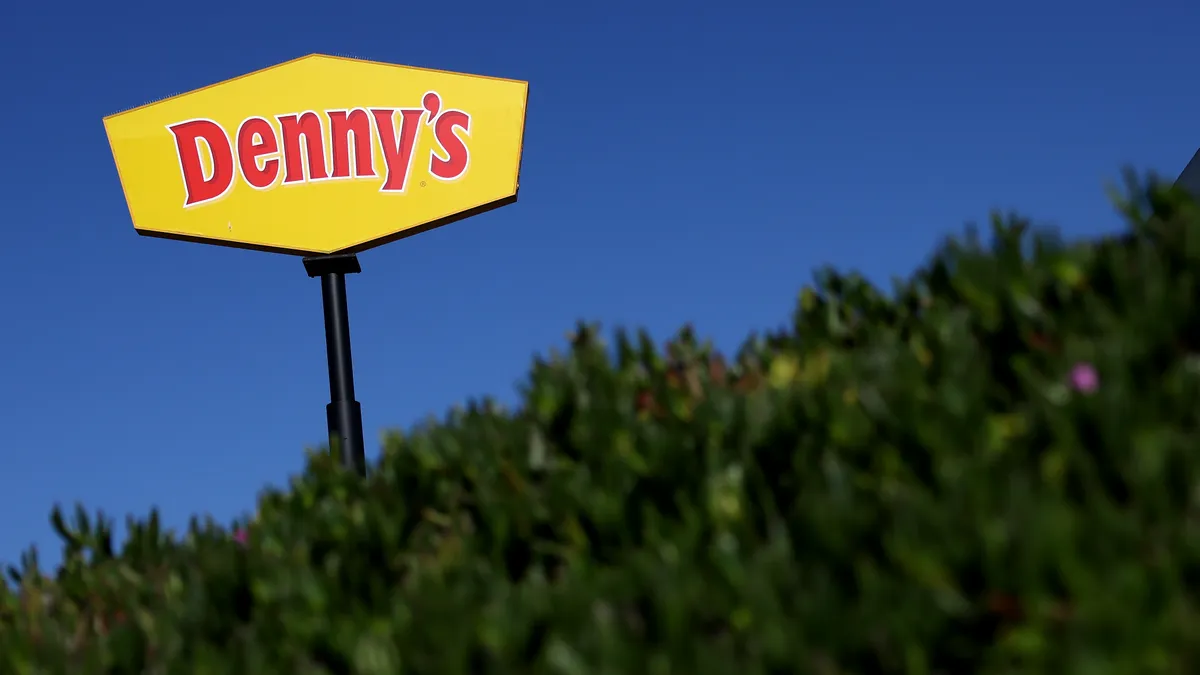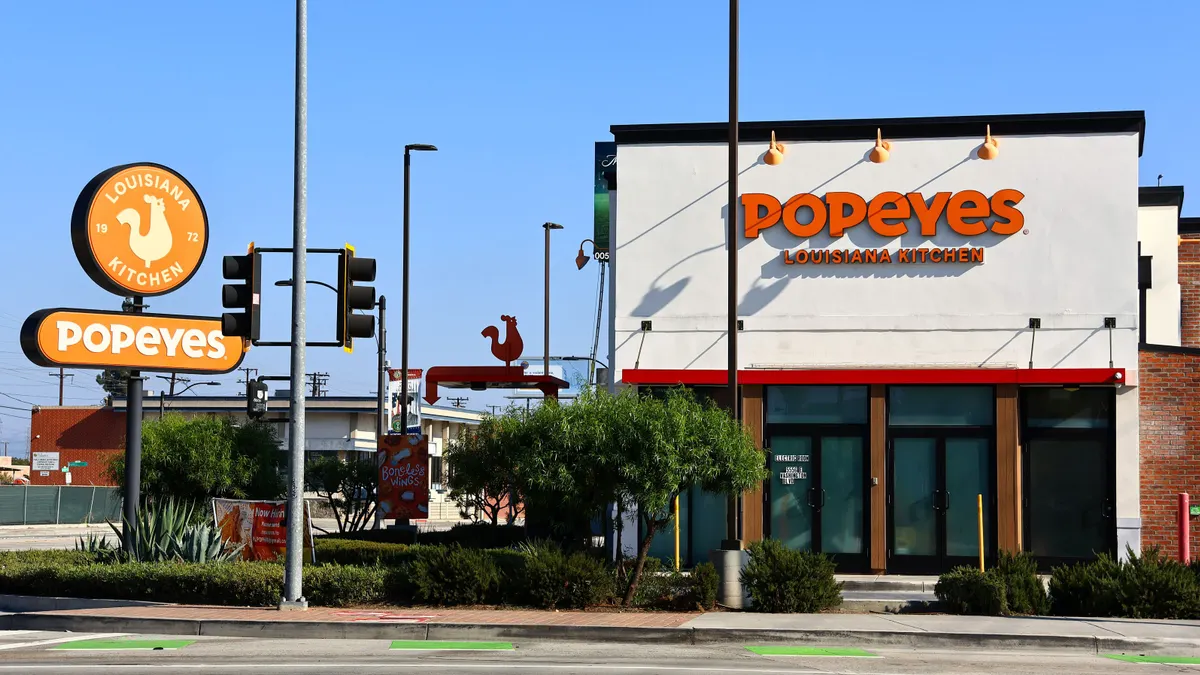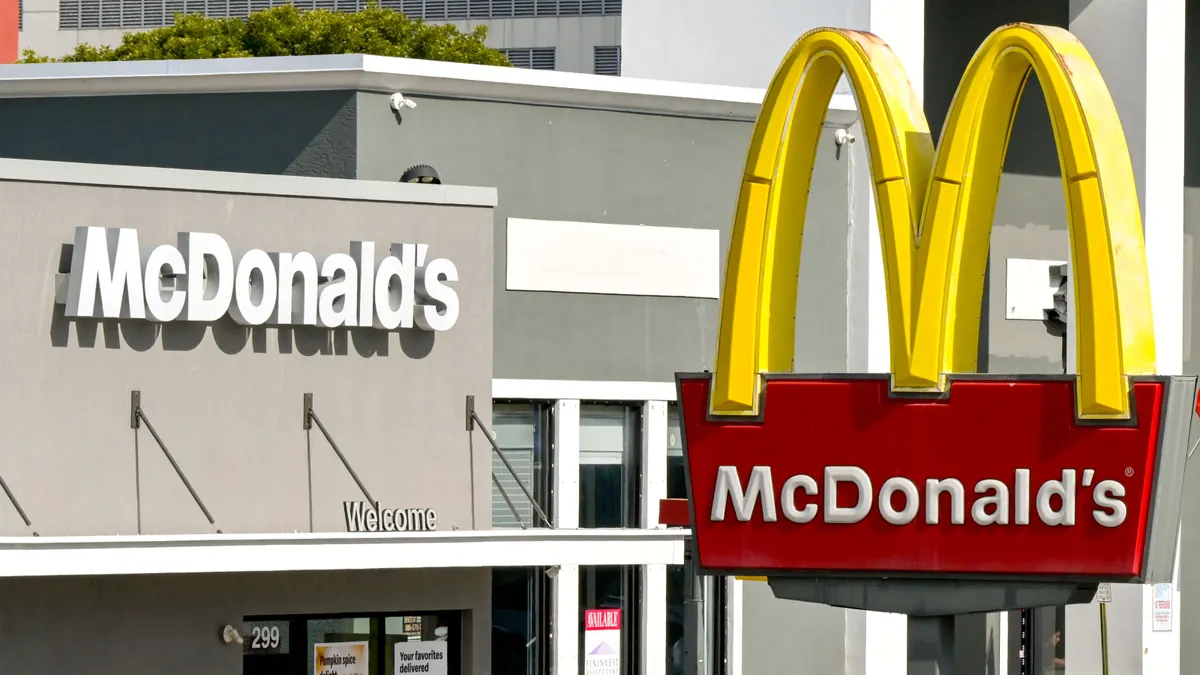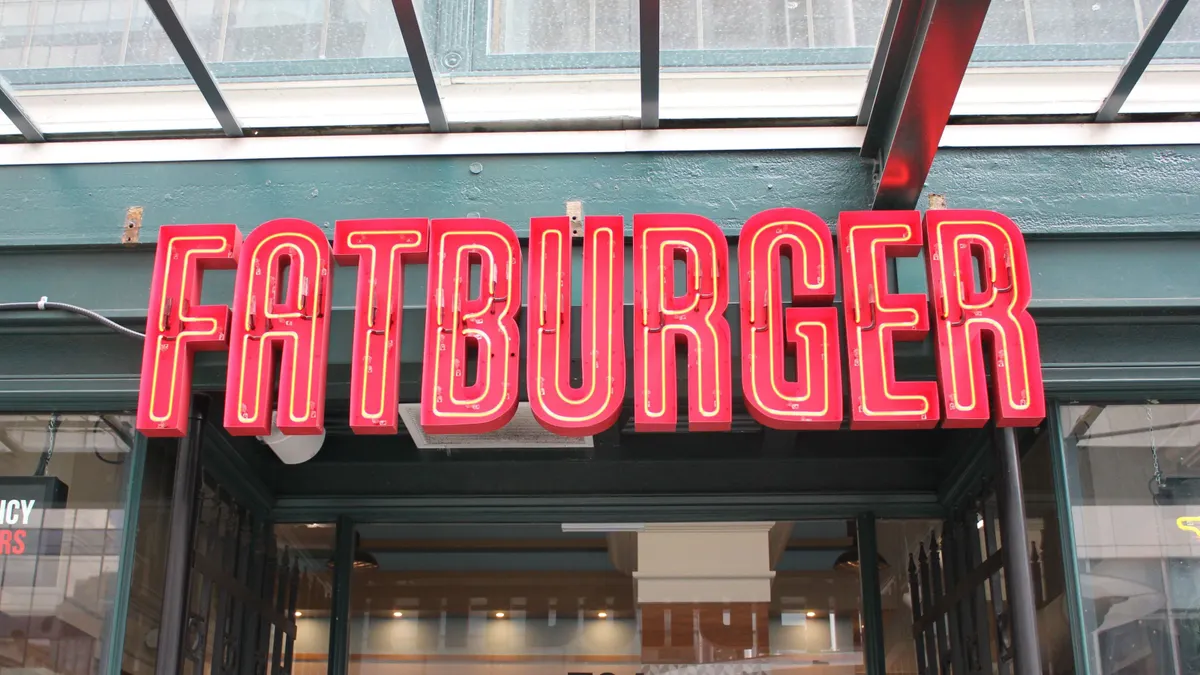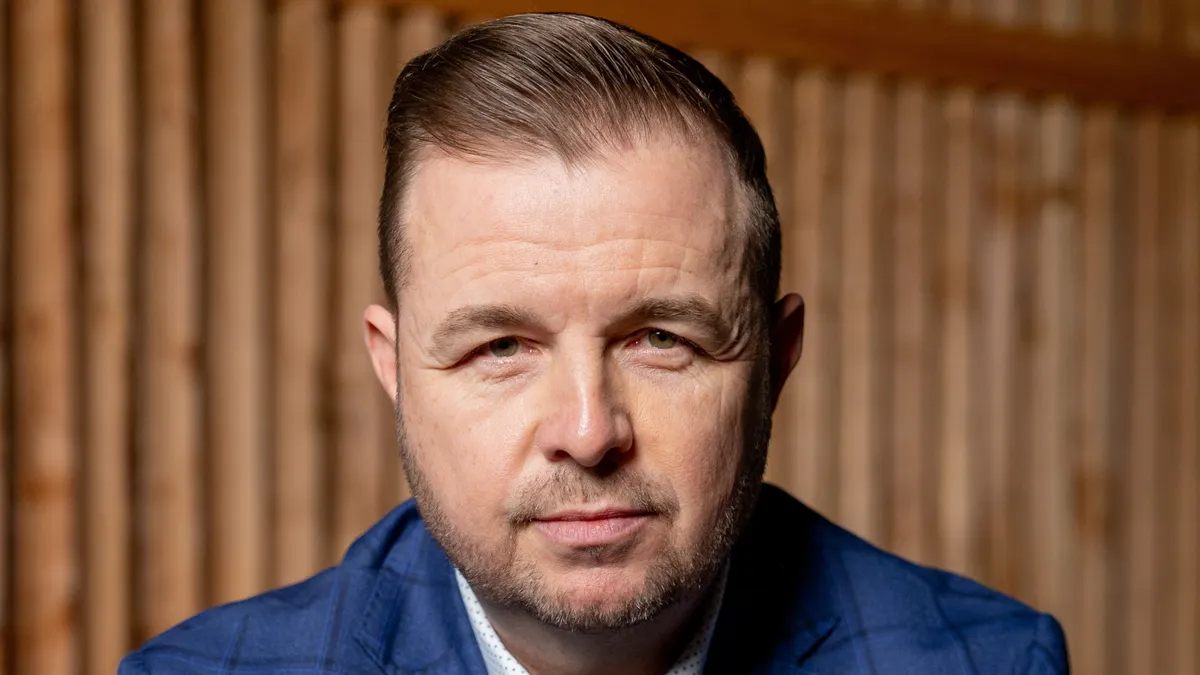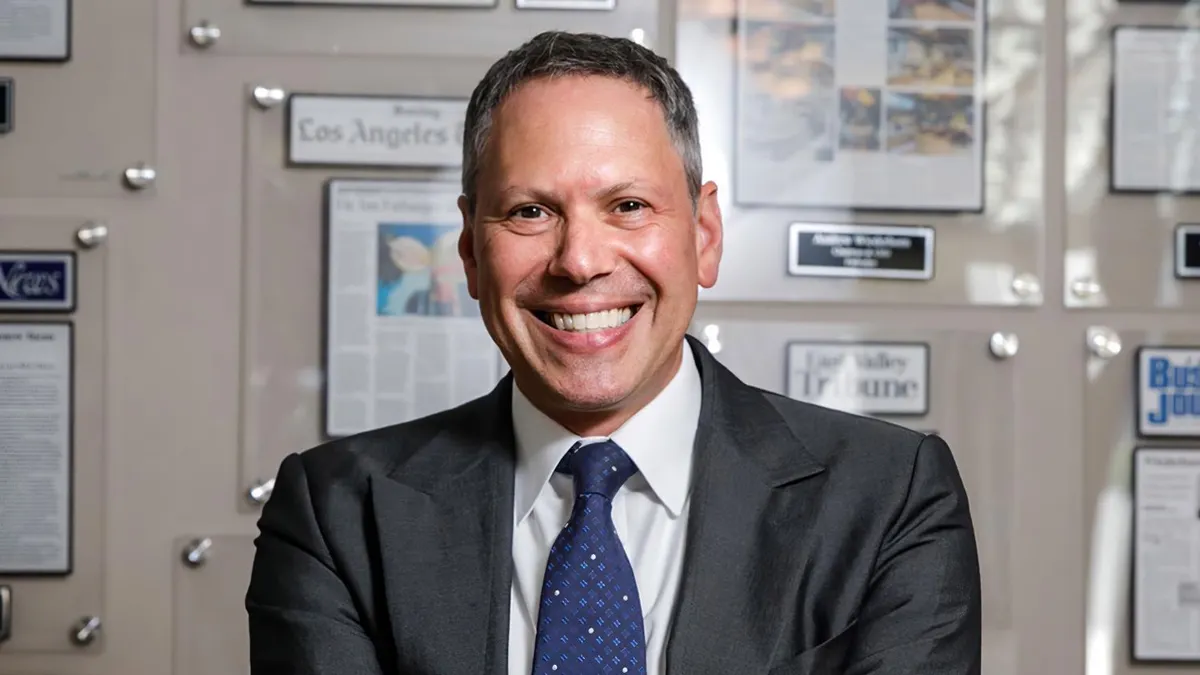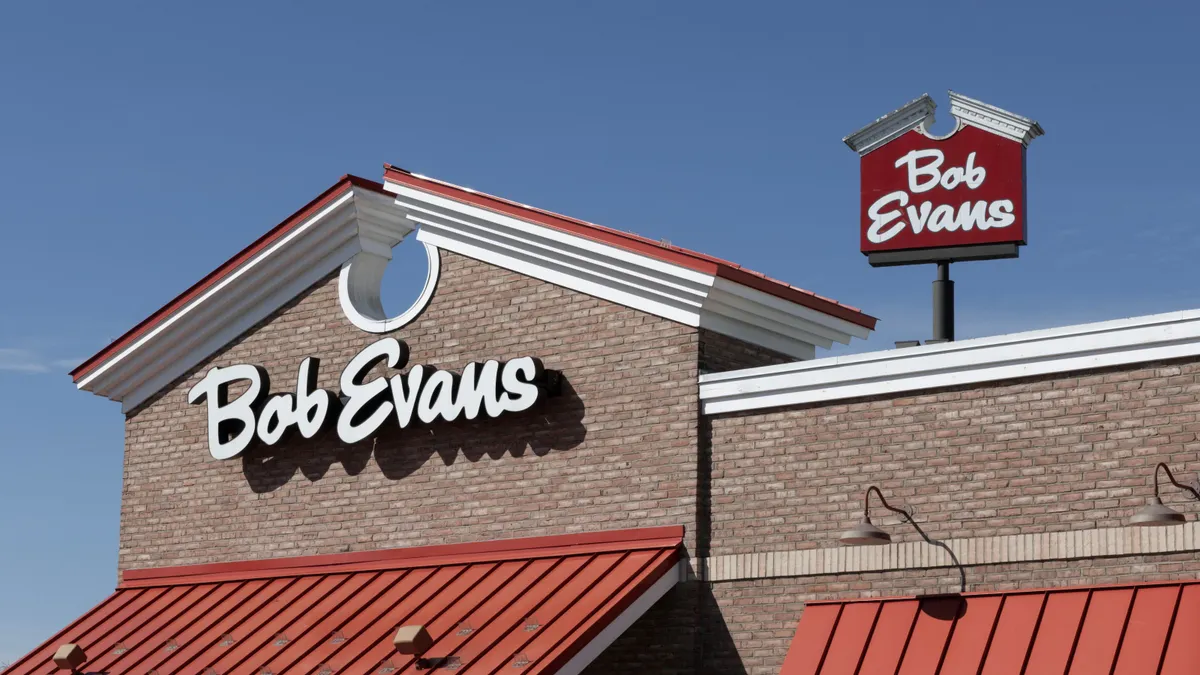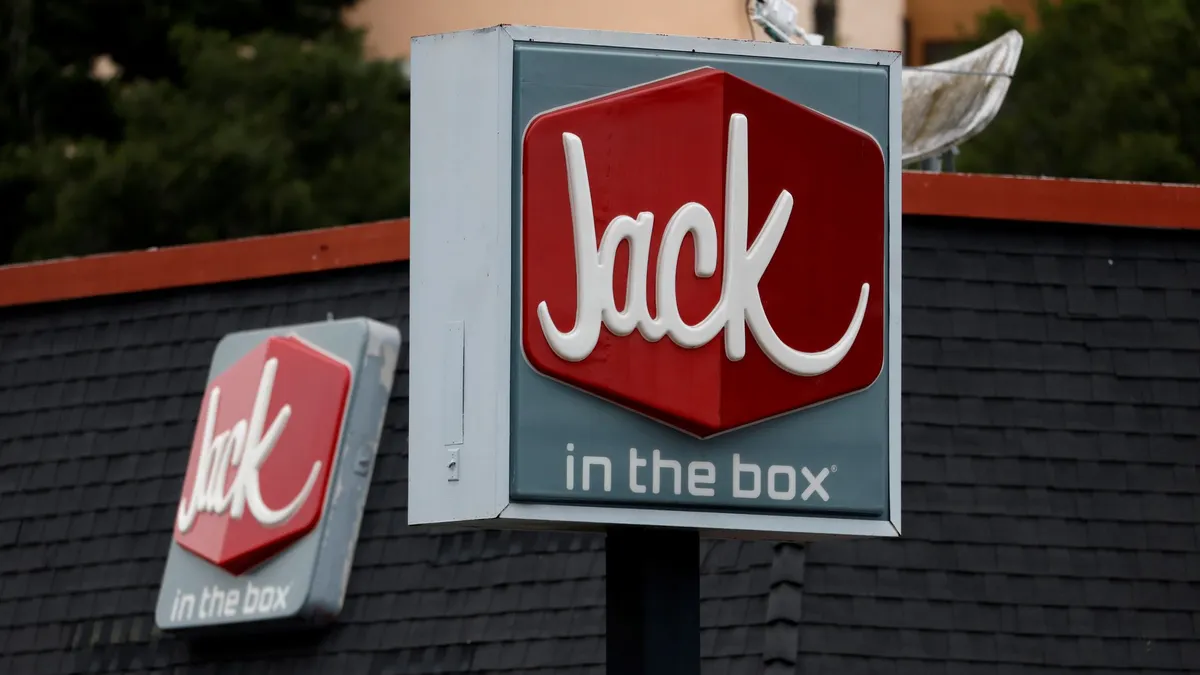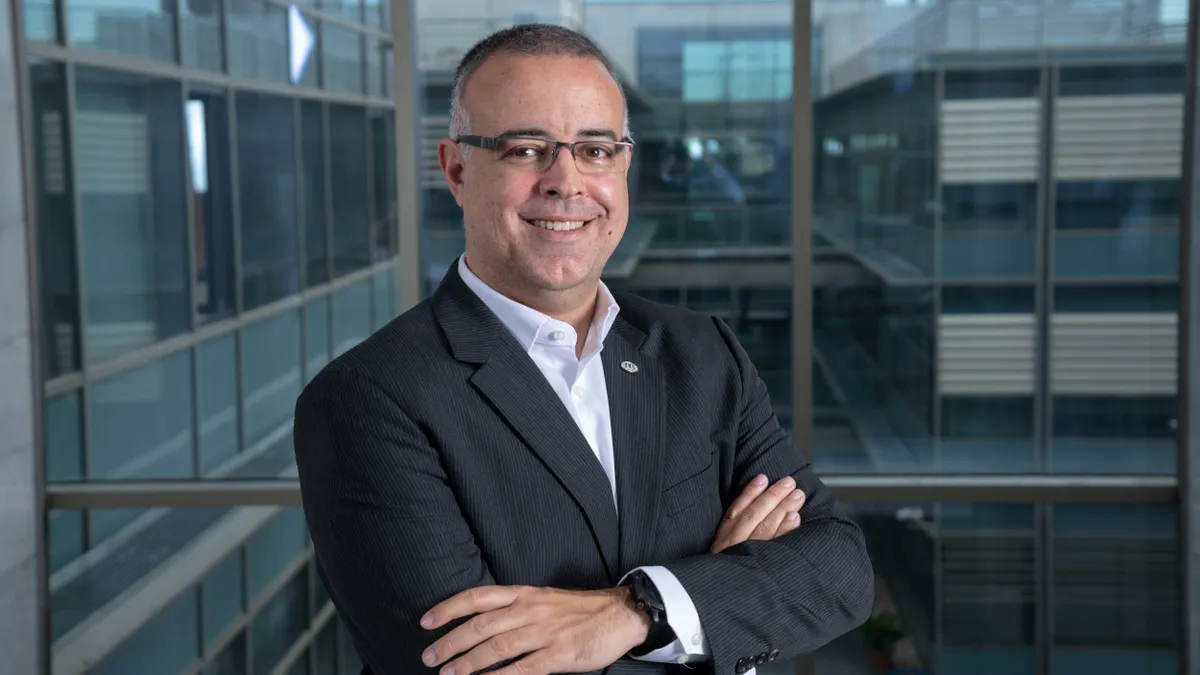LAS VEGAS — Despite consumer pullback and macroeconomic uncertainty, 2025 turned out to be a major year for restaurant deal activity.
Katie Haverty, a vice president on Franchise Equity Partner’s investment team, said in an interview that restaurant concepts may be more resilient than other consumer-facing businesses.
“Obviously [the restaurant industry is] not immune to the pain, but it's less [impacted] than other consumer sectors,” she said.
Over the last six months, a flurry of deals — and one notably successful initial public offering — have changed the ownership structure of the restaurant industry, showing investors are interested even if consumers are retreating. Private equity groups are buying up franchisees; Roark Capital is continuing to build its brand portfolio; publicly traded legacy brands are going private; franchisees are buying franchisors; a c-store chain scooped up a sandwich brand; and Yum Brands is thinking about selling Pizza Hut.
Looking ahead to 2026, experts at the Restaurant Finance and Development Conference say the pace of deals might continue as high-performing brands seek fresh capital, underperformers look for turnaround sponsors and private equity eyes franchisees.
Alan Gallup, principal at National Franchise Sales, said he expects deals to continue among both high-performing brands and those that are struggling.
“There'll be two types of headlines that we see. … There will be headlines about distressed assets, and there will be headlines about success,” Gallup said.
Debutante balls and farewell waltzes
For several years, restaurant IPO activity has been relatively constrained by public markets’ high operating standards for restaurant brands, Aaron Weisbrod, managing director and head of restaurant investments at J.P. Morgan, said on a panel.
“I don't know that the market ever really went away from restaurant IPOs,” Weisbrod said. “I think the standards that have to be met to have a successful IPO are hard.”
But, Weisbrod said, Black Rock Coffee’s successful debut on public markets earlier this year could be a signal to other restaurant brands considering an IPO. Weisbrod said that public markets are looking for brands with strong unit economics that are consistent across different geographies, indicating concepts have national, rather than regional, potential.
Publicly traded brands that aren’t performing as well on unit economics may face pressure to go private.
Susan Miller, a partner at Morgan Kingston Advisors, said the quick reactivity of the public markets mean variations in same-store sales can have a “huge impact, and restaurants can just get slaughtered in public markets because of that. Sometimes they're better suited to a private setting when there's far less immediate valuation impacts.”
Gallup said he expects to see divergent performances.
“We’'ll see the top performers who will seize the opportunity to grow, but with caution, and others will be left by the wayside. We’ll see, obviously, upticks in bankruptcy,” Gallup said.
Mike Esposito, co-managing partner at Franchise Equity Partners, said this market reactivity could be a force behind some recent exits and rumored sales, referencing Denny’s sale and Yum’s strategic evaluation of Pizza Hut.
“Same-store sales are challenged, [and] at the same time you've got the emergence of all these newer, younger Gen Z-skewing brands that are taking share,” Esposito said during an interview.“So it's putting a huge amount of pressure on the legacy brands.”
Investing in growth concepts
If many mature brands are coming under investor pressure to show new results, capital, especially private equity, is flocking to a set of concepts well-adapted to the current operating environment, Esposito said.
Those challengers overindex with younger consumers and put flavor first in their brand identity, Esposito said, citing 7Brew, of which FEP is a franchisee, Raising Cane’s, Dave’s Hot Chicken and Pop Up Bagels. There’s also a degree of operational restraint.
“[Emerging chicken chains] have a base product — fried chicken tenders — that they can then season with 20 different flavors, and it's just a matter of squirting the flavor on it,” Esposito said. “It's very similar to 7Brew or Dutch Bros for that matter, where you take one base cup of coffee and then, by squirting in different things, you can create 200,000 different [combinations] and set the ability to mass customize without slowing down throughput.”
Miller said that unit economics are an especially strong driver of valuations and investor interest, especially as the cost to develop locations has grown. This makes simpler concepts with higher volumes and stronger four-wall margins more attractive.
“For fast casuals and QSRs we’re seeing investors draw the line in the sand between $1.5 million and $2 million AUVs. For full service, the line in the sand seems to be around a $3 million AUV,” Miller said. “We are starting to see concepts post some pre-COVID margins, which is really encouraging.”
Haverty said these strong brands have drawn significant investment in franchisors from private equity, like Blackstone’s deal with Jersey Mike’s and Roark’s partial acquisition of Dave’s Hot Chicken.
Why private equity might be interested in franchisees
Recent years have seen two notable trends with franchisee M&A. On the one hand, private equity firms like FEP or Eyas Capital have bought up operators. On the other, franchisees like Sun Holdings or Yadav Enterprises are buying up brands themselves.
Esposito said private equity firms are particularly interested in restaurant brands that have growing unit economics, favorable store-level margin structures and development white space. But at a more basic level, Esposito said, franchising is well-suited to the American economy.
“The franchise model kind of marries the best of both worlds, where you're marrying a brand and the ability to scale a brand with local, last-mile management and entrepreneurialism,” Esposito said.
But, Haverty said, the highly competitive restaurant market requires an evermore sophisticated operator, presenting the opportunity for private equity investors to buy into, or buy up, franchising systems and consolidate them.
What happens to the losers?
While growing brands or operators might attract interest, some systems, facing pressure from declining sales, have seen closures or declining valuations. Wendy’s is poised to close hundreds of stores, including franchised units, and Jack in the Box sold Del Taco for just $115 million — $460 million less than it paid for the chain.
Brands, tend to be cautious about directly buying up the units of underperforming franchisees, since those units can be a drain on the balance sheet and on corporate resources, especially for asset-light chains, Gallup said.
“They may not have the operational skillset to effectively turn around [failing units] and certainly may not know the individual market as well as a franchisee,” Gallup said. Instead, franchisors are likely to transfer failing units to more successful franchisees who can handle a turnaround. Gallup also said that ailing franchisees might draw private equity interest, given their low valuation.
Esposito said he expects more store closures and bankruptcies, particularly among legacy brands, though this will be offset by development from challengers



